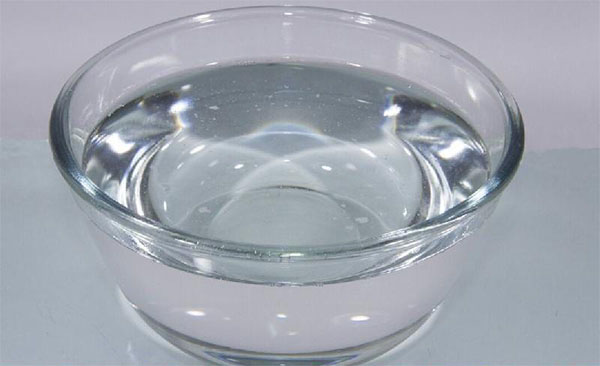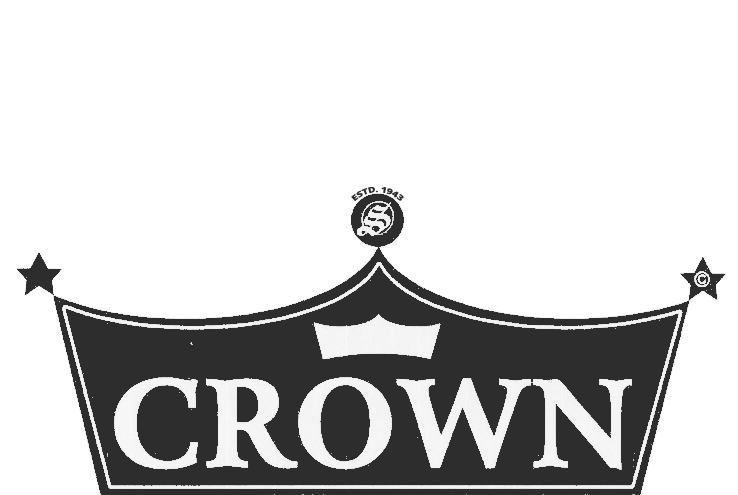
Sorbitol 70%
Sorbitol 70% molecular formula C6H14O6 also known as glucitol, it is a water soluble polyhydric alcohol, having sweet taste and high stability besides properties of humectancy and plasticizing. It is obtained by reduction of glucose changing the aldehyde group hence the name sugar alcohol. Sorbitol, besides being immune to bacteriological degradation, is also less vulnerable to mould growth than most other humectants plasticizing materials. Sorbitol is produced by Hydrogenation of Dextrose under pressure with State of Art reaction controls. Sorbitol is also a raw material for production of Vitamin C. It also has application in Food products and Tobacco conditioning, high quality papers etc. In Power form it is a White, odourless, sweet-tasting crystalline powder.



